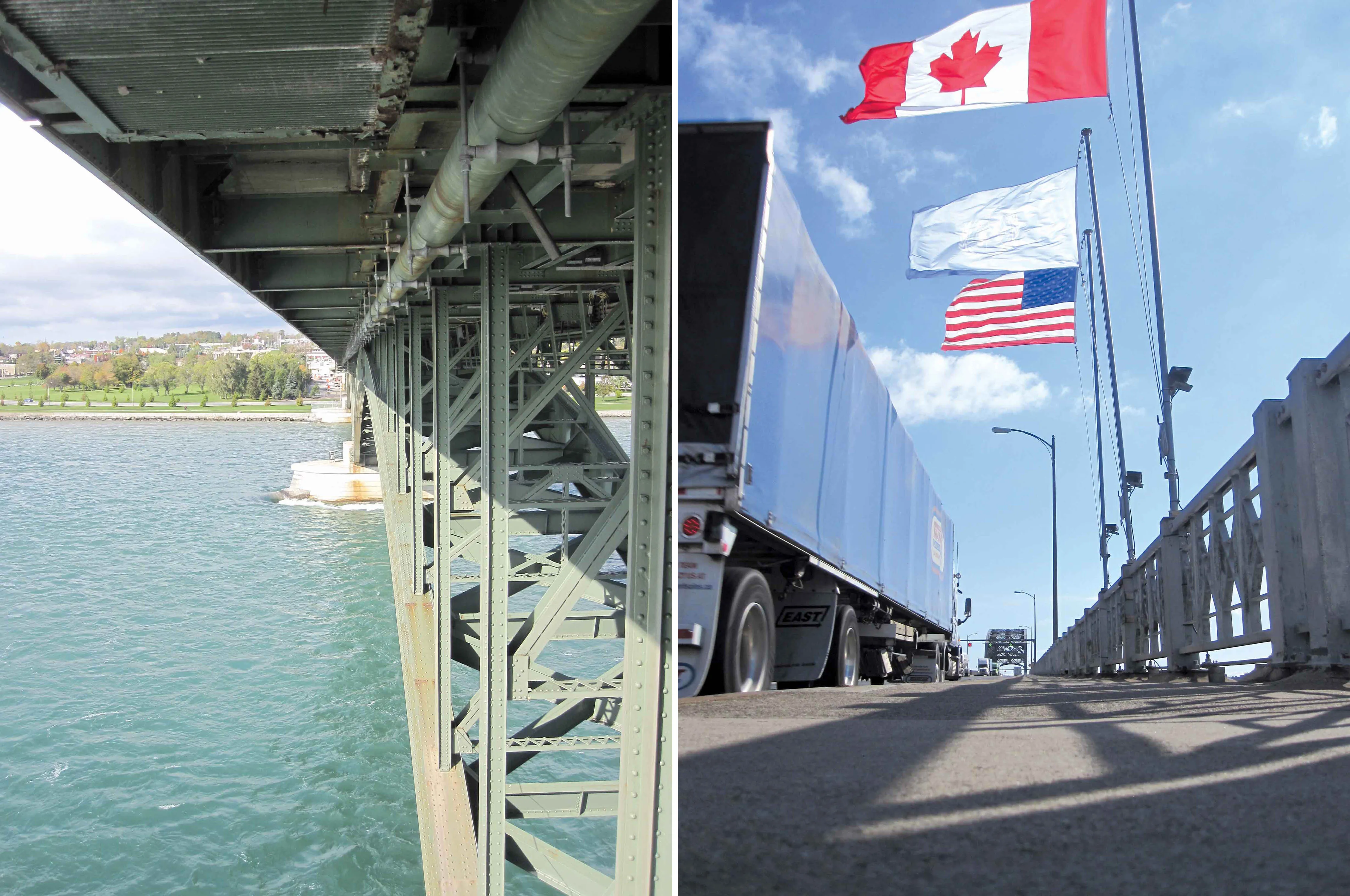Know your limits, especially if that inconsiderate cyclist has got you so enraged that you have jumped out of your car to chase him down the block.
You want to teach him a lesson but, like the man in this video, you may end up learning one yourself. You’re too fat.
Recognise the chances are slim that you - a car driver who, according to a new study, will be overweight – will catch that svelte bicycle rider. It could end in tragedy with you hitting face-first that urban-grade asphalt, feeling the aggre
August 19, 2016
Read time: 3 mins
Know your limits, especially if that inconsiderate cyclist has got you so enraged that you have jumped out of your car to chase him down the block.
You want to teach him a lesson but, like the man in this video, you may end up learning one yourself. You’re too fat.
Recognise the chances are slim that you - a car driver who, according to a new study, will be overweight – will catch that svelte bicycle rider. It could end in tragedy with you hitting face-first that urban-grade asphalt, feeling the aggregate relieve your face of several centimetres of skin.
However, you could hit bitumen on a different type of road - one to Damascus. Take heed of an ongoing academic study, aptly named PASTA - Physical Activity through Sustainable Transport Approaches. It concludes car drivers are fatter than cyclists by at least 4kg.
The European Union-funded PASTA project – “led by an international group of experts”, including the World Health Organisation – is being done by BOKU, the acronym for the University of Natural Resources and Life Sciences in Vienna, Austria. The work focuses on how different forms of transport relate to levels of physical activity and, consequently, people's health.
PASTA researchers have so far monitored 11,000 volunteers in seven European cities and asked how they move around the city, which mode of transport they use and how much time they spend travelling.
The project also asked volunteers to record their height, weight and to provide information about their attitudes towards walking and bicycling and whether they had experienced any accidents recently. Analysis of the data showed that people who drove cars were, on average, 4kg heavier than those who cycled.
Those four 4kg would be like an anchor around your waist if you were to run after a cyclist.
"Being more active can make you healthier, save you money and improve your life,” said Dr Adrian Davis, a UK transport and health expert and member of PASTA's advisory board. “Instead of going to the gym, think about cycling to work."
Help is at hand, too. PASTA is looking for more volunteers to take part in its research to help understand the relationship between transport and health. Give them a call if you live in these seven European cities: Antwerp, Barcelona, London, Orebro, Rome, Vienna and Zurich.
You want to teach him a lesson but, like the man in this video, you may end up learning one yourself. You’re too fat.
Recognise the chances are slim that you - a car driver who, according to a new study, will be overweight – will catch that svelte bicycle rider. It could end in tragedy with you hitting face-first that urban-grade asphalt, feeling the aggregate relieve your face of several centimetres of skin.
However, you could hit bitumen on a different type of road - one to Damascus. Take heed of an ongoing academic study, aptly named PASTA - Physical Activity through Sustainable Transport Approaches. It concludes car drivers are fatter than cyclists by at least 4kg.
The European Union-funded PASTA project – “led by an international group of experts”, including the World Health Organisation – is being done by BOKU, the acronym for the University of Natural Resources and Life Sciences in Vienna, Austria. The work focuses on how different forms of transport relate to levels of physical activity and, consequently, people's health.
PASTA researchers have so far monitored 11,000 volunteers in seven European cities and asked how they move around the city, which mode of transport they use and how much time they spend travelling.
The project also asked volunteers to record their height, weight and to provide information about their attitudes towards walking and bicycling and whether they had experienced any accidents recently. Analysis of the data showed that people who drove cars were, on average, 4kg heavier than those who cycled.
Those four 4kg would be like an anchor around your waist if you were to run after a cyclist.
"Being more active can make you healthier, save you money and improve your life,” said Dr Adrian Davis, a UK transport and health expert and member of PASTA's advisory board. “Instead of going to the gym, think about cycling to work."
Help is at hand, too. PASTA is looking for more volunteers to take part in its research to help understand the relationship between transport and health. Give them a call if you live in these seven European cities: Antwerp, Barcelona, London, Orebro, Rome, Vienna and Zurich.








